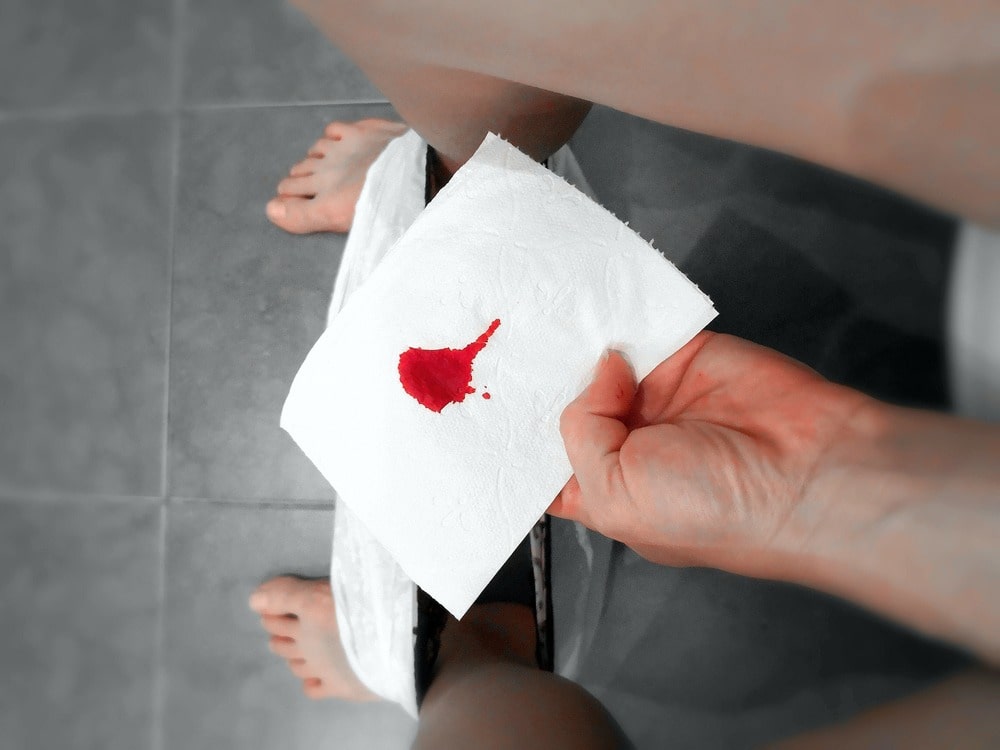The confirmation of a growing foetus always brings joy and contentment among couples and to a certain degree the extended family, but what happens when there is an unexpected loss? A phenomenon that occurs in 1 out of every 4 pregnancies according to global statistics.
Let’s take a glance at Miscarriage.
Miscarriage is the sudden loss of a pregnancy before the 20th week of gestation. After experiencing a miscarriage, most women blame themselves, believing that they lost the pregnancy because they fell, experienced a severe shock, or other personal reasons. However, most miscarriages are caused by an unanticipated incident that is beyond anyone’s control.
They are primarily caused by chromosome issues, with rare cases linked to the mother’s or father’s genes. Other potential causes include drug or alcohol use, blood clotting disorders, environmental toxins, hormone issues, infection, obesity, and physical reproductive organ issues.
Vaginal bleeding is a prevalent indicator of miscarriage, ranging from faint spotting to severe bleeding. Other symptoms include cramping, fluid passing, and the passage of blood clots or pregnancy tissue.
Risk factors for miscarriage include age, previous miscarriage, and health conditions. Age-related miscarriages are 12% to 15% in 20s, rising to 25% by age 40. Previous miscarriages have a 25% chance of another miscarriage. Health conditions like unmanaged diabetes, infections, or uterine issues increase the risk of miscarriage.
The different types of miscarriages that can be diagnosed by a pregnancy care specialist include; Recurrent and Threatened miscarriage. Recurrent miscarriages occur when there have being 3 previous miscarriages while threatened miscarriage occurs when the cervix remains closed yet there is bleeding and pelvic discomfort.
Losing a pregnancy may be frustrating, leaving you with a variety of feelings and many questions. Emotional recovery after a miscarriage is typically more difficult and time-consuming than physical healing. Allow yourself enough time to grieve your loss. Talk to your spouse, friends, and family about your thoughts, or better yet, seek professional counselling to help you cope with your loss.



